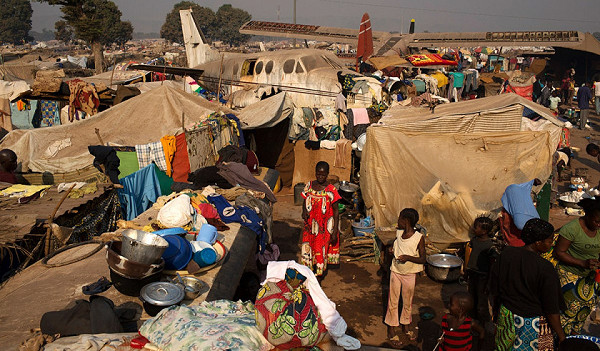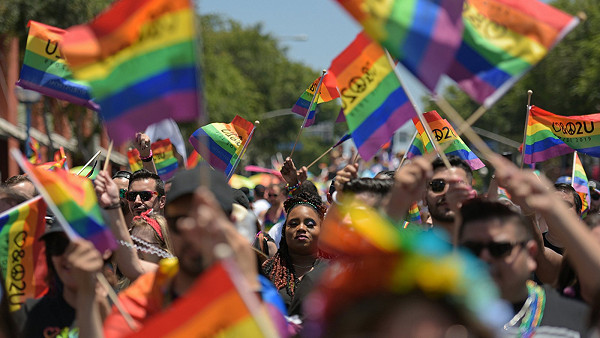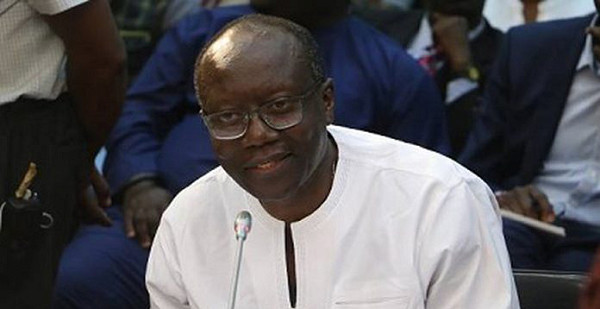The Rwandan genocide of 1994, targeting the Tutsi population, remains a chilling testament to humanity's darkest inclinations, reminding us of the horrors born from ethnic hatred and systematic slaughter. Within a mere 100 days, over 800,000 innocent lives were brutally extinguished, leaving behind a shattered nation and a global conscience haunted by the enormity of the tragedy. It is imperative that we confront the failings that allowed such atrocities to unfold and honor the memory of the victims and survivors who endured unimaginable suffering.
We must not forget the individuals and families whose lives were forever altered by this genocide, whose resilience amid profound anguish exemplifies the enduring strength of the human spirit. Recognizing the profound and lasting impact on Rwanda's social, political, and economic fabric is crucial, as is acknowledging the ongoing efforts towards reconciliation and healing. The roots of the genocide lie in years of ethnic tension and political manipulation, fueled by misinformation and prejudice, yet the international community's failure to intervene decisively stands as a stark indictment of collective inaction in the face of evil.
The aftermath of the genocide saw mass displacement, fracturing communities and leaving behind a legacy of separation and dislocation that persists to this day. The loss of countless lives also precipitated a humanitarian crisis, with a generation of orphans and widows left to navigate profound social and economic challenges. Politically, the genocide destabilized Rwanda's governance structures, eroding democratic norms and fostering a climate of centralized power that stifled dissent.
Moreover, the international community's failure to prevent or stop the genocide undermined confidence in global governance mechanisms and cast a shadow over the efficacy of international institutions. The resulting damage to Rwanda's reputation hindered its economic recovery, deterring foreign investment and aid, exacerbating existing socio-economic disparities, particularly among vulnerable groups.
Despite these profound challenges, Rwanda has made significant strides in the decades after the genocide, advancing towards economic recovery, democratic governance and reconciliation. However, the journey towards healing and inclusivity remains an ongoing project. Rwanda must continue its efforts to rebuild and foster a society characterized by unity, prosperity, and respect for every individual. Only by confronting the legacies of its past and embracing a future defined by compassion and solidarity can Rwanda transcend the shadows of history and chart a path towards enduring peace and prosperity.
On the thirtieth anniversary of the 1994 Genocide against the Tutsis in Rwanda, we solemnly remember the victims, honor the survivors, and commend those who opposed the genocide. This year's theme "Remember. Unite. Renew."#cdsafrica #genocide #RwandaGenocide #Rwanda pic.twitter.com/iRhDhvT20r
— Center For Democracy & Socio-Economic Dev. Africa (@cdsafrica) April 8, 2024








Write a Comment